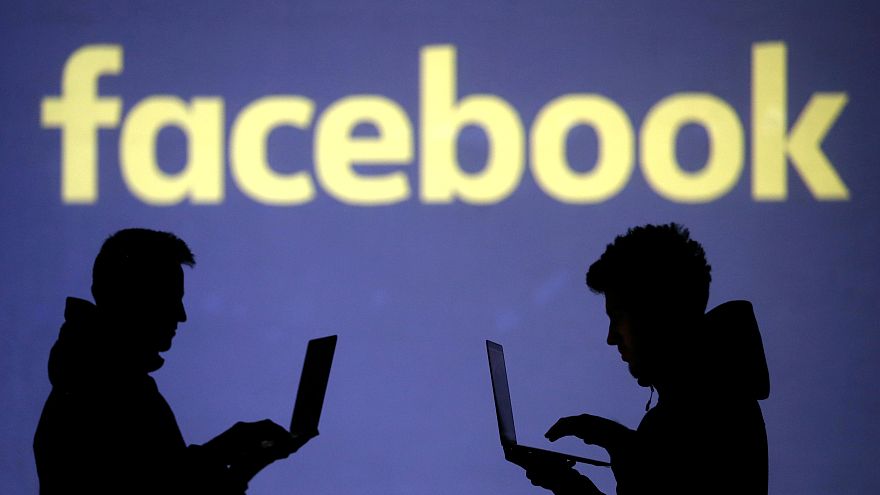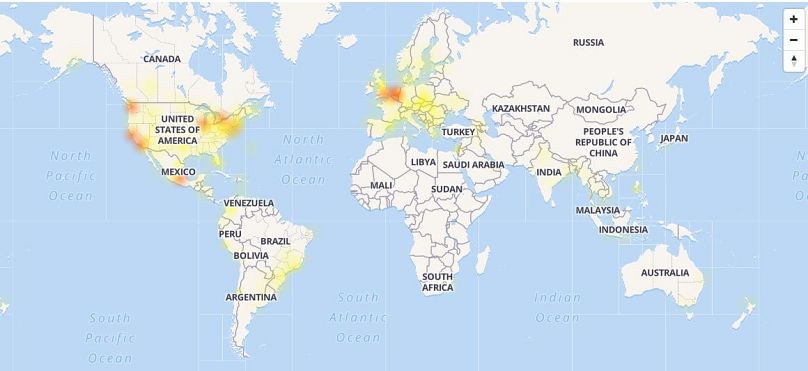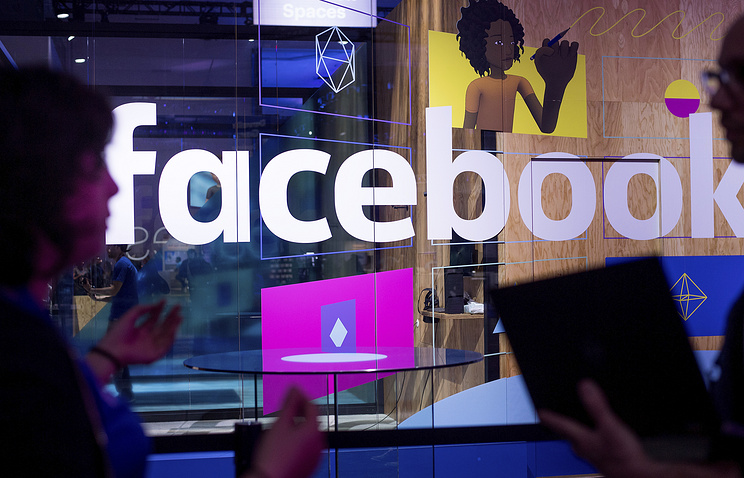I believe we need a more active role for governments and regulators. By updating the rules for the Internet, we can preserve what's best about it - the freedom for people to express themselves and for entrepreneurs to build new things - while also protecting society from broader harms.
Mar 31, 2019 - The Internet needs new rules. Let's start in these four areas: Mark Zuckerberg
The Internet needs new rules. Let's start in these four areas: Mark Zuckerberg
Zuckerberg speaking at the annual F8 summit in San Jose, California in 2018.PHOTO: AFP
From what I've learned, I believe we need new regulation in four areas: harmful content, election integrity, privacy and data portability.
Facebook chief executive officer Mark Zuckerberg called for new global regulations governing the Internet on Saturday (March 30), recommending overarching rules on hateful and violent content, election integrity, privacy and data portability.
Mar 31, 2019 - Facebook's Mark Zuckerberg calls for new global Internet regulations
Facebook's Mark Zuckerberg calls for new global Internet regulations
In a statement that was also published as an op-ed in the Washington Post, Zuckerberg said the company is seeking regulations that would set baselines for prohibited content and require companies to build systems for keeping harmful content to a minimum.
"We have a responsibility to keep people safe on our services," he said.
"That means deciding what counts as terrorist propaganda, hate speech and more. We continually review our policies with experts, but at our scale we'll always make mistakes and decisions that people disagree with."
Facebook built a content scanning system that over the years has added rules based on reactions to changes in user behavior or public uproar after an incident such as the New Zealand mass shooting.
When the website's users or computer systems report posts as problematic, they are sent to one of the company's 15,000 content moderators around the world, who are allowed to take content down only if it violates a rule.
Facebook would like common standards for verifying political actors, citing practices deployed by advertisers in many countries of verifying identities before buying political ads.
Zuckerberg also suggested updating laws to include "divisive political issues" in addition to candidates and elections.
The billionaire said it'd be good for the Internet if more countries adopted rules such as the European Union's General Data Protection Regulation as a common framework.
Privacy regulations "should protect your right to choose how your information is used - while enabling companies to use information for safety purposes and to provide services," he said.
"It shouldn't require data to be stored locally, which would make it more vulnerable to unwarranted access."
There should also be rules guaranteeing portability of data that also protects information when it moves between services, he said.
Facebook promises crackdown on fake news in Australia
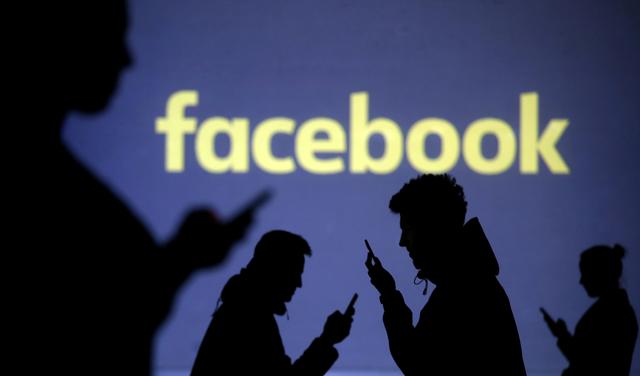
Social media giant Facebook Inc said on Friday it would strengthen measures to fight fake news in Australia and briefly block foreigners from buying political advertisements in the lead-up to a national election due in a few weeks.
Tech firms face fines, jail over violent content under new Australian laws
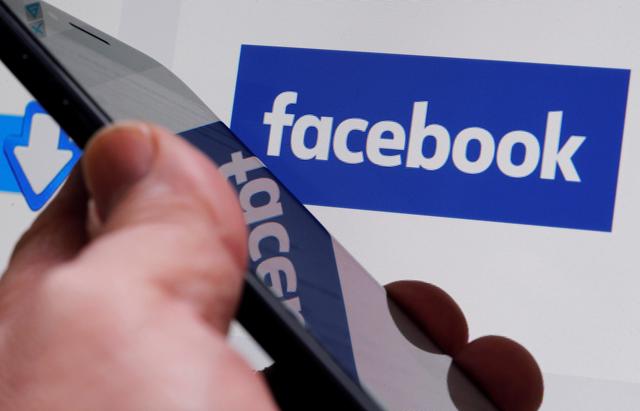
Australia will fine social media and web hosting companies up to 10 percent of their annual global turnover and imprison executives for up to three years if violent content is not removed "expeditiously" under a new law.
The 'growth team' charged with getting more users onto Facebook, and spending time there, is now tasked with cleaning it up.
Mar 31, 2019 - How Facebook grew too big to handle
How Facebook grew too big to handle
If you joined Facebook at any time over the past decade, Mr Alex Schultz probably had something to do with it. The 36-year-old from London, a Cambridge physics graduate and self-taught specialist in online marketing, moved to Silicon Valley in 2004. After three years at eBay, he was appointed to Facebook's newly formed "growth team" in 2007.
A nondescript red brick building tucked away beside a pub near a park in central London was revealed on Friday to have been the base of one of the world's most sophisticated spy services - Britain's GCHQ eavesdropping agency.
See us if you can? GCHQ surveillance agency reveals London base
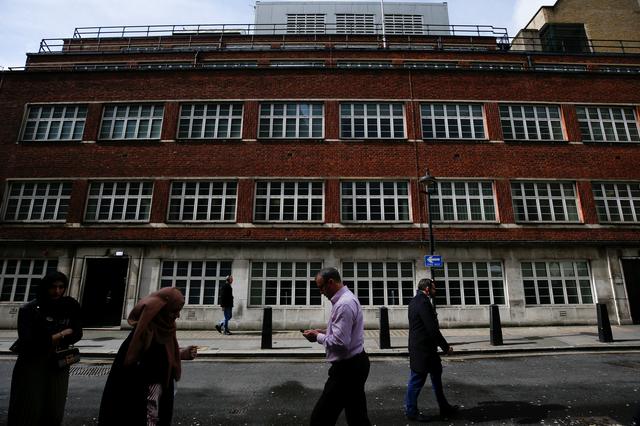
GCHQ, which gathers communications from around the world to identify and disrupt threats to Britain, only revealed the Palmer Street address, its London home for 66 years, after moving out.
“As we depart our Palmer Street site after 66 years, we look back on a history full of amazing intelligence, world-leading innovation, and the ingenious people who passed through those secret doors,” GCHQ Director Jeremy Fleming said.
“Then, as now, it’s a history defined by the belief that with the right mix of minds, anything is possible.”
He did not, however, say to where in London the secretive spy agency had moved.
The eavesdropping agency traces its history back to 1919 and is best known for breaking Germany’s Enigma code during World War Two. It works closely with the Secret Intelligence Service (SIS) and the MI5 Security Service.
Government Communications Headquarters’ futuristic “doughnut” headquarters is in the English city of Cheltenham but it moved into its London Palmer Street office in 1953.
“The Palmer Street hub has played its part in significant events over the years, such as the 2012 London Olympics,” GCHQ said.
The National Cyber Security Centre (NCSC), which is part of GCHQ, opened its new headquarters near Victoria in London in 2017.
GCHQ, which was formed in 1919 under the original name of the Government Code and Cypher School, has other offices in Cornwall, Scarborough, Lincolnshire and Harrogate.
In February, Queen Elizabeth unveiled a plaque with a secret message when she toured GCHQ’s original top-secret London home until 1921 - Watergate House in Charing Cross - before it moved to Queen’s Gate in Kensington and then to Bletchley Park, north of the capital.
GCHQ has a close relationship with the U.S. National Security Agency as well as with the eavesdropping agencies of Australia, Canada and New Zealand in a consortium called “Five Eyes”.
Slideshow (5 Images)
See us if you can? GCHQ surveillance agency reveals London base


